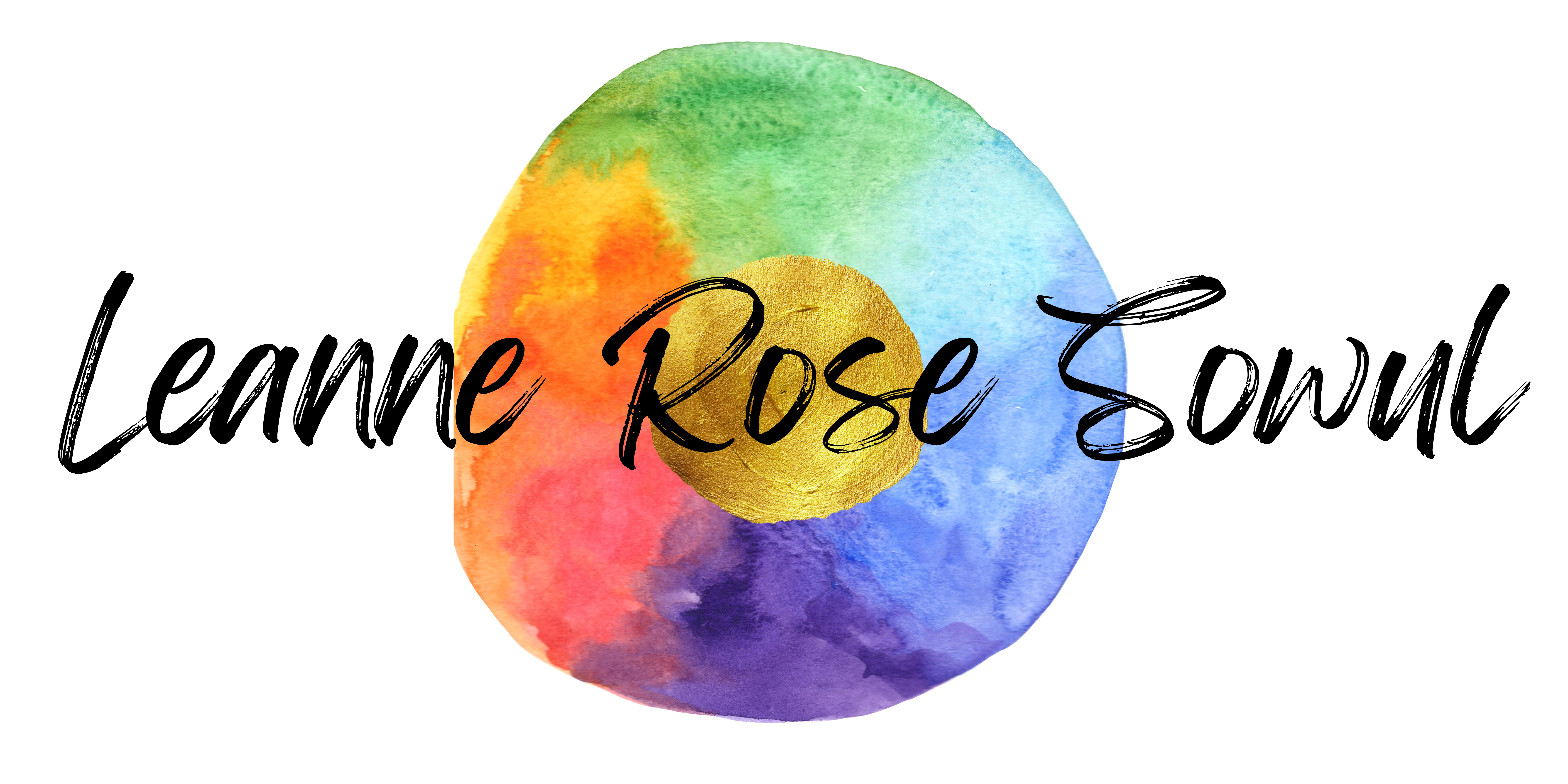Do you ever find yourself skipping to the end of a book, only to seriously regret it two minutes later?
Last week I started re-reading Midwives by Chris Bohjalian. (It was part of the stack of books I had amassed from the library book sale in my post Importer/Exporter.) I’d read the book before, but it was a long time ago, and I really didn’t remember it at all. In re-reading it, I discovered anew the originality of this book, a fresh take on the old story about putting a person on trial for doing her job. The story goes like this: A woman named Sybil practices midwifery in a small Vermont town. One icy winter night, after a prolonged and painful labor, one of her “mothers” dies in childbirth and Sybil does a C-section to extract the baby. Though the reader is assured that Sybil is both highly skilled and passionate about her craft, there is some doubt in the minds of the doctors and lawyers in the community as to whether the death was actually murder. She and her family are subjected to an arrest and a lawsuit, and as the trial progresses, Sybil herself starts to question whether she really did kill the mother that night.
It’s all a great story, or at least I think it’s all a great story, because about two-thirds of the way through, I impulsively decided to find out whether Sybil is convicted in the end.
Yes, I committed the greatest sin a reader can commit when in the throes of a gripping tale: I skipped to the end of the book. And as soon as I got my answer (which of course, I will not reveal here) I was very disappointed, because I realized I had no desire to read the pages I’d skipped, now that I knew the end of the story.
I’m kicking myself for this moment of weakness, partly because it leaves me with a vague feeling of incompleteness, but mostly because skipping was profoundly disrespectful to the author, Chris Bohjalian, who spent great effort and skill building up to that final scene where the judge reads the verdict; effort and skill that were wasted on me.
Why do we, as readers, do this? I know I’m not the only one out there who does. We’re enjoying ourselves- we must be, or we wouldn’t have read far enough to be curious about the end- and we know full well that skipping will only leave us feeling guilty and disappointed. My theory on this- and admittedly, it’s a weak one- is that all of us, in our own lives, are desperate to know the end of our story. (Do I get the job? Is he “the one?” Will the stick turn blue?) We can never know what’s in store for ourselves, but we can know what’s in store for our characters. (Is she guilty? Does he die? Who committed the crime?) And so we skip ahead to the end. And then we kick ourselves.
It’s also possible that some of us are like Harry Burns in When Harry Met Sally, who always reads the end of a book first in case he dies before he can finish it. I hope the number of people who do this are in a very small minority. In my opinion, if you’re in the last moments of a sudden death, I’m pretty sure you’re not thinking, “Damn, I wish I knew who John Galt was.”
It’s possible to make the argument that if I was truly enjoying the book- or if I hadn’t already read it once- I would have tried harder to keep myself from learning the end too soon. I have been successful at preventing myself from doing this in the past, especially when reading mysteries or Harry Potter books. I knew I’d regret it so much that I resisted temptation and continued reading until I reached the end, which was satisfying in a way it never would have been had I gotten there in another way.
So maybe this isn’t a total loss, because at some other point in time, I had known the ending, and I’d earned it legitimately. But I know I’ll think twice before doing it again.


Sometimes I skip to the end and read it because then I can take my time to finish it, because if I am suspenseful, I find myself skimming and missing all kinds of interesting developments.